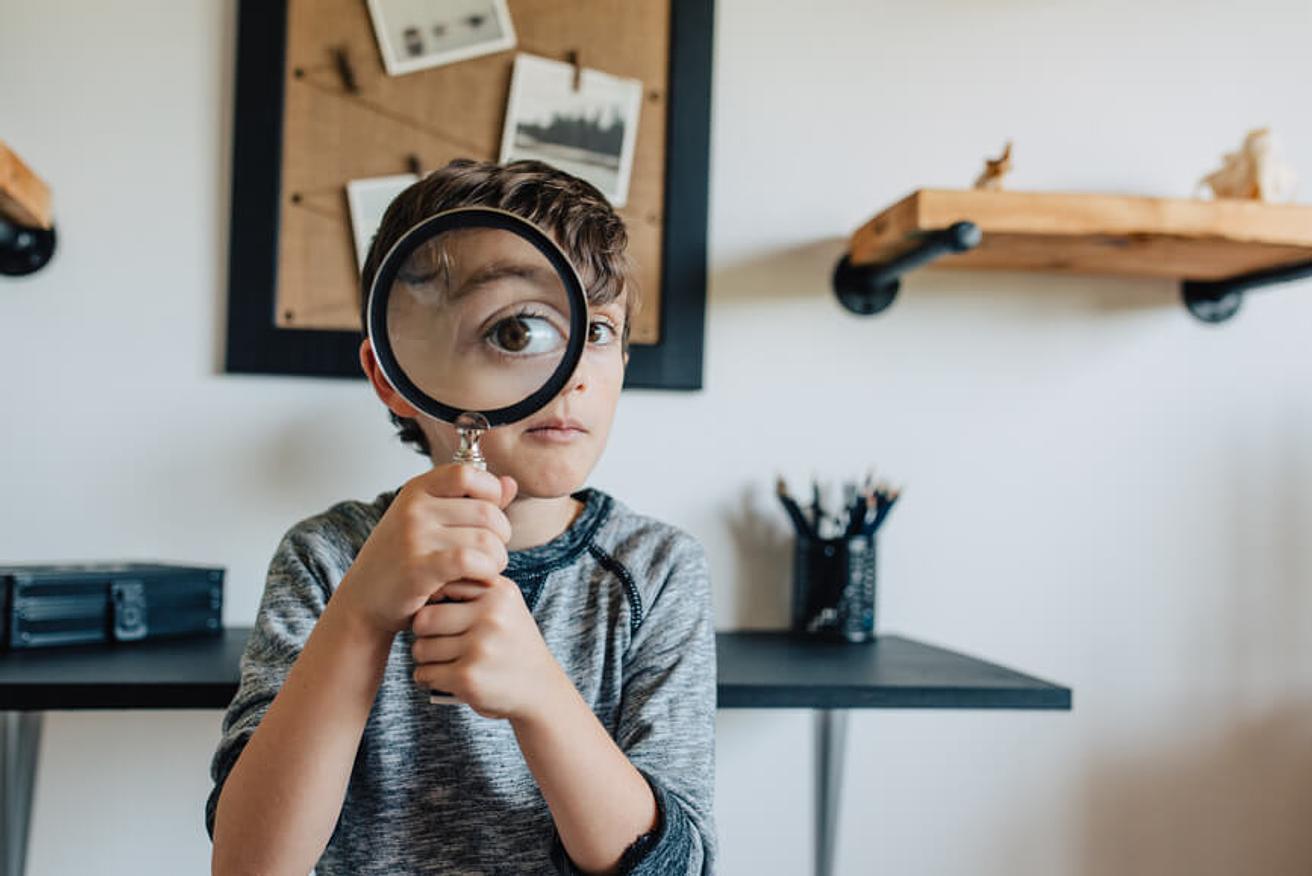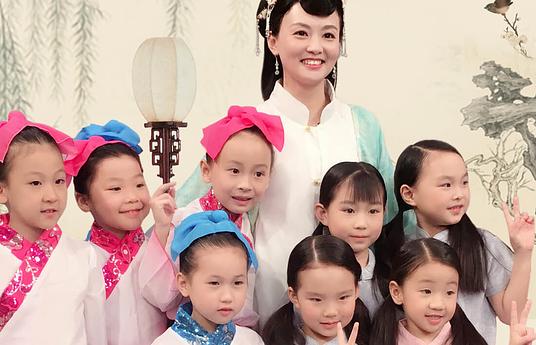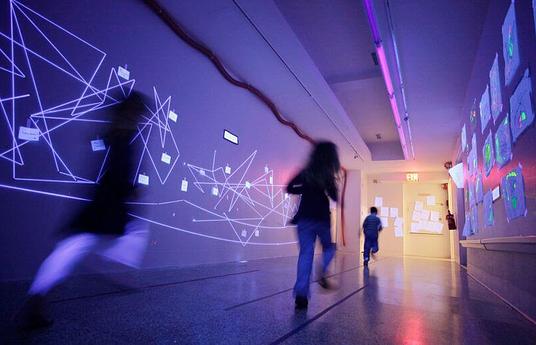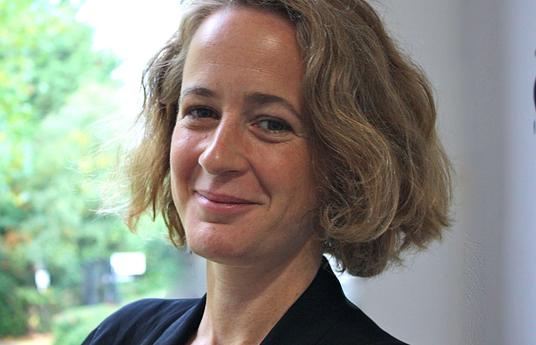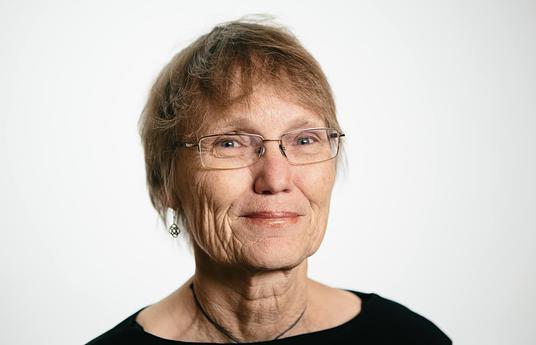‘The first thing is having a sense of wonder at the world, a sense of how beautiful, amazing and astonishing it is. There’s something about developing a curiosity about the world that you live in, whether it’s plants or bugs, literature, science or maths. The point is to see its astonishing reality. If you can do that then you can see where the spaces are to connect with it.’ - Keri Facer, Professor of Educational & Social Futures at the University of Bristol.
It’s easy to forget how important individual passion is in education, too often it can feel like it’s a game of just painting by the numbers. But if we all think about it for a moment, isn’t learning actually meant to be a joyous experience? If you think about your own life, haven’t you had an afternoon fly past because you’ve been gripped by a certain task, a particular lesson, a specific train of thought?
School education is no different, if we make room for young people’s individual curiosities, notice and nurture them, we can make learning a natural experience. As Susan Crichton, Director of the Innovation Centre and the Director of Faculty of Education at the University of British Columbia, explains, ‘I think the minute you have a little curiosity learning happens. I think you can try and make people learn but I don't think it works. The minute you trigger curiosity then people go crazy.’
Once we find that individual spark in a child, in many ways, the hard part is over. They can lead the way with their learning and they don’t have to be coaxed into it. Curiosity can be utilized through inquiry-based learning and schools all over the world are already making the most of this type of learning.
Blue School Space, an independent school in New York, combines inquiry-based learning with bringing in specialist professionals to really enrich the learning experience to another level. Specialists who work in a variety of fields, such as drama, music and science, work alongside the teachers to design integrated experiences and opportunities for curiosity, wonder, and understanding.
Over in India is The Museum School. Even though education is now a basic right for all children in India, children from low socio-economic backgrounds still tend to miss out on a high-quality education. To combat this The Museum School has created an inquiry-based approach that uses curiosity to build a high-quality education that children from poorer backgrounds can access.
Children are driven to the museums where they are engaged in stories, games and activities. To develop curiosity, children identify an exhibit on a particular topic and are encouraged to ask questions about the exhibits to fill in the gaps in their own knowledge. The Museum School offers a holistic curriculum which builds skillsets in a wide variety of areas such as communication, debating and performing arts, thus teaching children the same skills as their wealthier peers.
By instilling these behaviours early on we can help kids to become lifelong learners, which they will need to be as single-track careers become an antiquated idea...
"
Along with utilizing man-made resources such as museums, nature itself has an important part to play in inquiry-based learning. The world is full of natural wonders which can spark curiosity in children, sometimes it can be as simple as merely looking up at the sky. Universe Awareness tackles the huge roadblock of motivation and inspiration, particularly in complex sciences, by utilizing the wonders of the universe.
The organization provides easy-to-use learning materials on astronomy to inspire kids, such as their ‘universe in a box’ (provided to schools for free) which includes models of planets and other materials to introduce the basic concepts of the universe in a fun and relatable way. Their inquiry-based approach allows students to discover science for themselves, as well as helping to build empathy skills.
Curiosity can also breathe life into tired, ‘out-dated’ subjects such as poetry. In China, it is compulsory for children to learn traditional poems but the delivery of the subject has, until recently, caused students to find poetry boring and unnecessary.
The concept of TingTing Poetry Education is to develop different formats of music, visual art and language to make poetry more entertaining and appealing to young people. Learners can easily understand the meanings of the poems through poetry songs, with the goal of enhancing their emotional and cognitive development through promoting curiosity, good aesthetics, observation, memory and imagination.
Not only is identifying and encouraging curiosity pivotal in a child’s educational career, but it will stand them in good stead in the working world too. By instilling these behaviours early on we can help kids to become lifelong learners, which they will need to be as single-track careers become an antiquated idea and we’ll potentially find ourselves working several different careers within our lifetime. Curiosity may have killed the cat in decades past, but it could be the key to a more stable future for the next generation.
